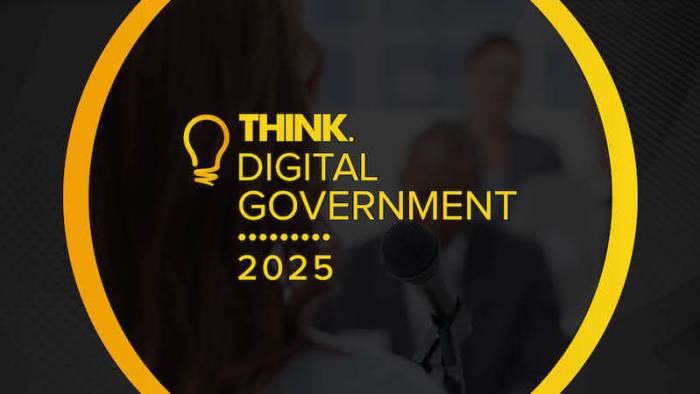Too many organisations are choosing to invest in cybersecurity rather than data security – and it’s leaving them exposed to data breaches, according to Paul Mountford, CEO of data security firm, Protegrity.

Data is now the currency of any organisation, fuelling better decision making that can lead to improved productivity and revenues. But companies that focus on increasing cybersecurity rather than data security are hampering their ability to safely use that data for their business decision making, says Mountford.
“Data security is greatly misunderstood because people think its cyber. Cybersecurity is different. People think because they’re cyber protected, their data’s protected – and it’s not,” he told Think Digital Partners.
“The fundamental thing is that data security isn’t being taken seriously. That is the bedrock for all the other models – AI, everything else. So putting that in place is really important.”
Organisations want to tap into their data
A recent survey by Protegrity reports that 92 percent of CIOs, CTOs, heads of data and data managers from enterprise organisations agree that the innovation resulting from data has a positive impact on the bottom line, and all say that data can be used to improve customer and employee experiences.
If you liked this content…
“There’s more and more interest in how can I use the data? But how do I do it? How can I protect it? How can I send it across the border?” said Mountford. “Because if the big enterprises bought 10 companies and they’re all over the world, they can’t actually send [data] over the border; it contravenes the privacy rules of other countries. So if you protect it with [Protegrity], it can go anywhere, and you don’t contravene any rules.”
Mountford said that Protegrity’s data protection platform differs from generic cybersecurity solutions in that it specifically protects an organisation’s data. Through encrypting, tokenising, or applying privacy models, the solution can secure organisational or sensitive customer data, wherever it resides. This differs from data masking, where data is still susceptible to exposure, he said.
“If you lock data down, you can’t use it,” he explained. “So we just protect the parts that are sensitive and nobody can see that no matter where it goes: cloud, in the network, flying around the world. You never see it.
“It’s an enabling technology; it enables people to make decisions. It means you get a better sense of the things that work or don’t work for your consumers. You can look at how you get better productivity in your business. You can look at how you get more revenue in your business, you can look after your employees better, and get greater transparency to everything in your supply chain.”








